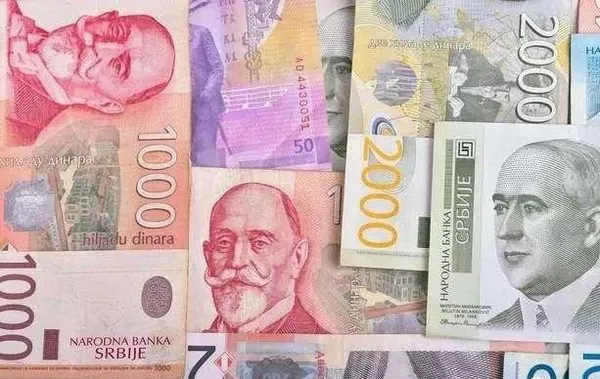Foreign exchange (forex) traders are familiar with various currencies that make up the global market. One of these currencies is the British pound sterling, commonly known as GBP. This article will provide a comprehensive guide to what GBP is in forex, its history, its role in the economy, and how traders can trade it.
History of GBP
The origins of GBP date back to Anglo-Saxon England when silver coins were minted. In 1158, King Henry II introduced the first English gold coin called the pound. The value of the pound was linked to the amount of gold used to strike the coins. During the 17th century, the Bank of England was established, and paper money was introduced. In 1971, the pound was decimalized, and it became divided into 100 pence.
Today, the pound remains one of the world’s most widely traded currencies, and it plays a significant role in the economy of the United Kingdom.
Role of GBP in the Economy
GBP is the official currency of the United Kingdom, which has one of the largest economies globally. It is also the official currency of some of the UK’s overseas territories, including the Falkland Islands, Gibraltar, and Saint Helena, Ascension, and Tristan da Cunha.
The UK economy is diverse, with sectors such as financial services, manufacturing, and tourism contributing significantly to its GDP. As such, there is always a demand for GBP from foreign investors who want to invest in these sectors. Additionally, the UK exports goods and services to other countries, which means that foreign buyers need to pay in GBP. This high demand for GBP makes it a major currency in the forex market.
GBP Exchange Rate
The value of GBP relative to other currencies fluctuates depending on various factors. Some of the key factors that affect the GBP exchange rate include:
1.Economic Data:
Economic indicators such as GDP, inflation, and employment rates can affect the GBP exchange rate. Positive economic data usually leads to an increase in demand for GBP, which leads to a rise in its value compared to other currencies.
2.Monetary Policy:
The Bank of England’s monetary policy decisions, such as interest rate changes, can also affect the GBP exchange rate. When interest rates are increased, it attracts more foreign investment, leading to an increase in the demand for GBP.
3.Political Developments:
Political events such as elections and negotiations related to Brexit can significantly affect the GBP exchange rate. For example, during the 2016 Brexit referendum, the GBP lost significant value against other currencies due to uncertainties surrounding the UK’s future relationship with the EU.
Trading GBP
GBP is one of the most widely traded currencies in the forex market. Traders can trade GBP in various ways, including:
1.Spot Trading:
This involves buying or selling GBP for immediate delivery at the prevailing exchange rate.
2.Futures Trading:
Futures contracts allow traders to buy or sell GBP at a specific price and date in the future. This type of trading is suitable for traders who want to hedge against currency risk.
3.Options Trading:
An options contract gives traders the right, but not the obligation, to buy or sell GBP at a specific price and date in the future. Options trading is suitable for traders who want to protect their positions from currency fluctuations.
Final Thoughts
GBP is one of the most important currencies in the forex market, and it plays a critical role in the global economy. Its exchange rate is affected by various factors, including economic data, monetary policy, and political developments. Traders can trade GBP using various instruments, including spot trading, futures trading, and options trading.
As with any trading activity, it is essential to understand the risks involved and have a sound trading strategy. By gaining a comprehensive understanding of GBP in forex, traders can make informed decisions and take advantage of opportunities in the market.
Related topics:


